Lee Kuan Yew's Shadow
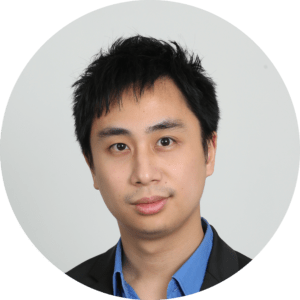
By Shaun Tan
Founder, Editor-in-Chief, and Staff Writer
6/8/2019
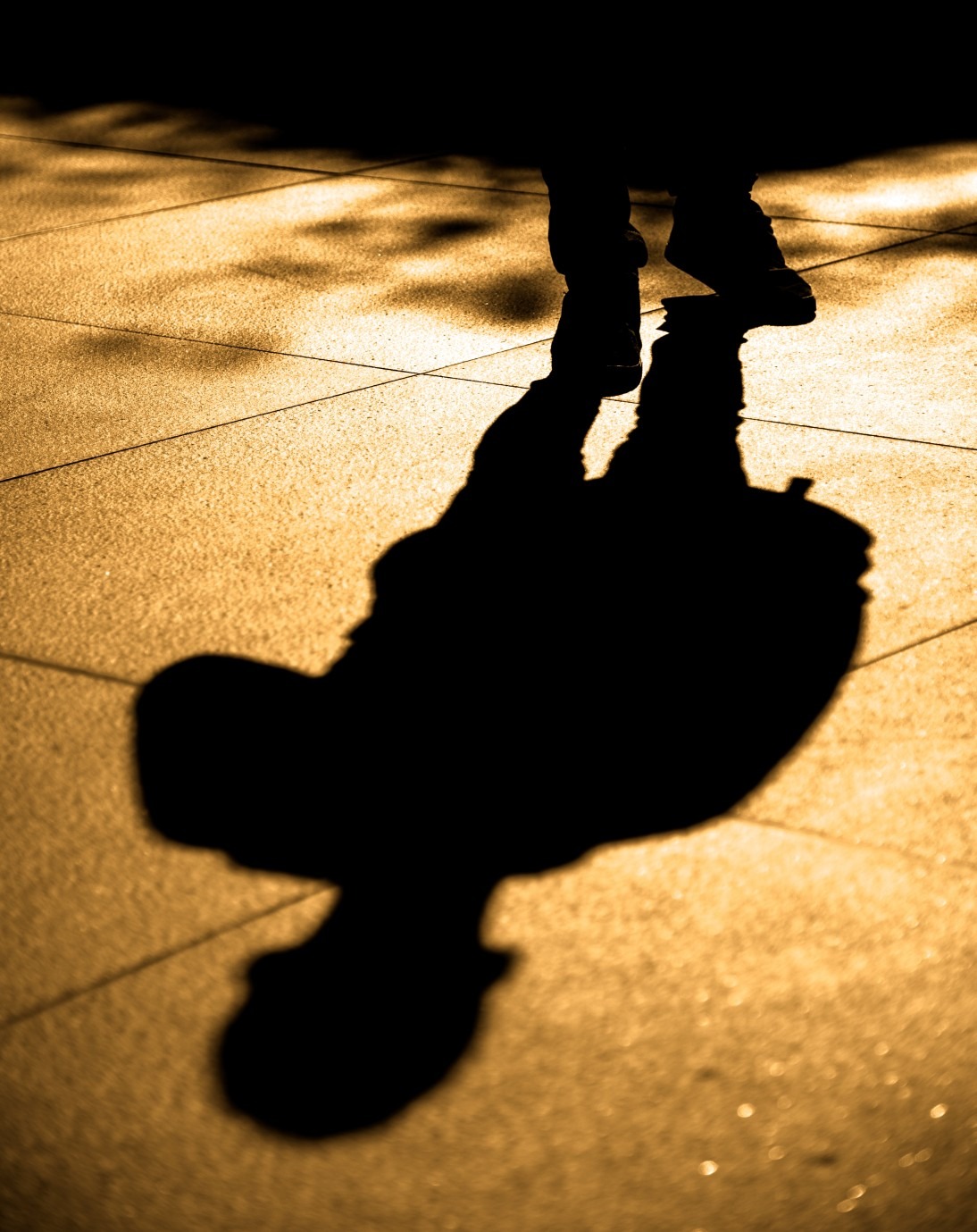
Picture Credit: Norbert Eder (remixed)
In the annals of modern Asia, Lee Kuan Yew looms like a colossus. The father of Singapore, the man who turned that tiny island into the financial hub of Southeast Asia, into a gleaming city of the future. Respected in both East and West, a model to the leaders of an emerging China, to Paul Kagame in Rwanda, and numerous other rulers who want prosperity and efficiency whilst retaining absolute power. A man both great and terrible; the singular, indomitable Lee Kuan Yew.
Yet there are aspects of his legacy that are less laudable. Partly by design, Singapore’s political culture and civil society are woefully underdeveloped. The other politicians in the party Lee founded are largely a parade of mediocrities. Singapore’s media scene is one of the most pitiful I’ve ever encountered, and its people one of the most vapid. Lee Kuan Yew was an intellectual giant. He left behind a nation of pygmies.
Lee Kuan Yew was an intellectual giant. He left behind a nation of pygmies.
***
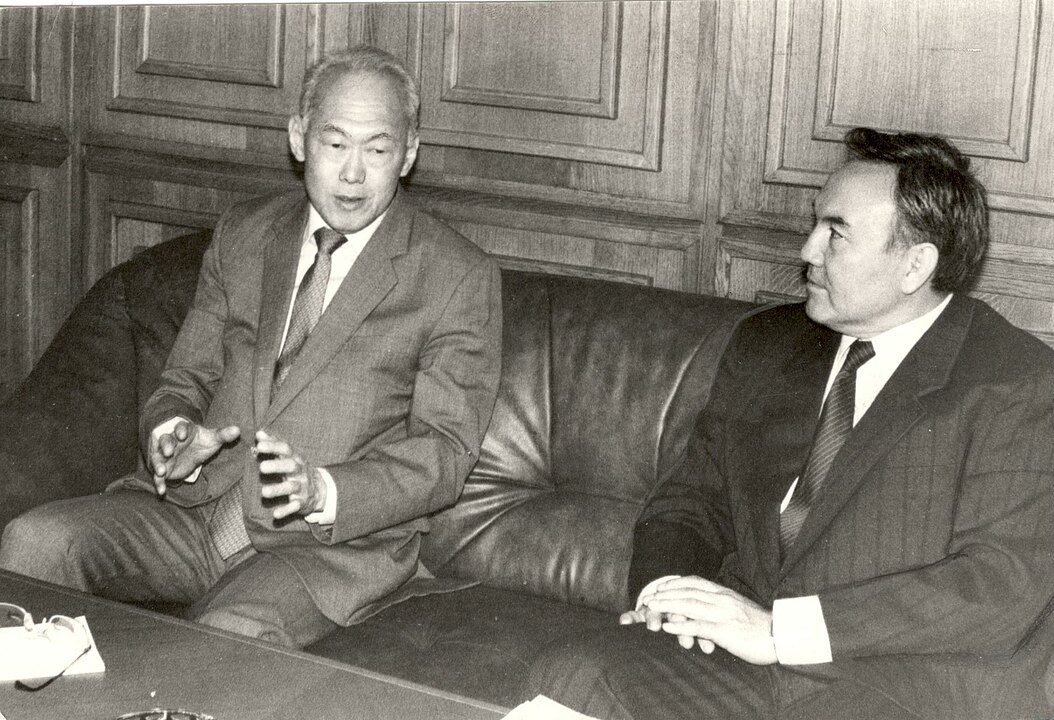
Lee Kuan Yew (left), with Nursultan Nazarbayev, former President of Kazakhstan (Picture Credit: EgemenMedia)
In a sense, the ruling People’s Action Party (PAP) faces a predicament similar to many organizations with great founders: the inability of his successors to measure up. It’s more than that, though. The PAP Lee Kuan Yew built has a reputation for being clean, competent, and efficient; it is also known to be vindictive and paranoid, valuing conformity over independent thought, and brooking little deviation from its party line. Thus it is that most of its politicians seem lacking in charisma and vision, capable of little more than repeating things Lee Kuan Yew said 40 years ago. Even now, four years after his death, and 29 years after he stepped down as prime minister, many of them still cling to his memory for legitimacy. “Every time there’s a major policy or speech,” observed Singaporean historian Thum Ping Tjin, “PAP politicians will say ‘As Lee Kuan Yew said…’ or ‘As Lee Kuan Yew once told me…’”
Even the more impressive ministers, former Prime Minister Goh Chok Tong, say, or Senior Minister Tharman Shanmugaratnam, never seemed to really come into their own, relegated to the role of seat-warmer for or second-fiddle to Lee Kuan Yew’s son, Lee Hsien Loong. Kenneth Paul Tan, Associate Professor at the Lee Kuan Yew School of Public Policy at the National University of Singapore, also described Goh as being “[i]n the shadow of his acutely judgmental predecessor and castrating Father figure Lee Kuan Yew.” Michael D. Barr, Senior Lecturer in International Relations at Flinders University, wrote that Lee Kuan Yew didn’t bother “paying even lip service to the notion that Goh had power.” In his book, The Ruling Elite of Singapore: Networks of Power and Influence, Barr noted how Lee “took to referring to him publicly and frequently as ‘my prime minister,’” and how Goh took to describing Lee as “a ‘stern father’ who sets the house rules for the ‘family.’” Lee Hsien Loong (the current prime minister) himself seems so dependent on his father’s memory for his support that he has been accused by his siblings of trying to use his father’s house for political capital, peppers his speeches with his father’s catchphrases, and has generally done everything short of embalming his father’s corpse and bringing it to rallies. Is it any surprise, then, that Singapore’s vaunted meritocracy mostly seems to produce mediocrities?
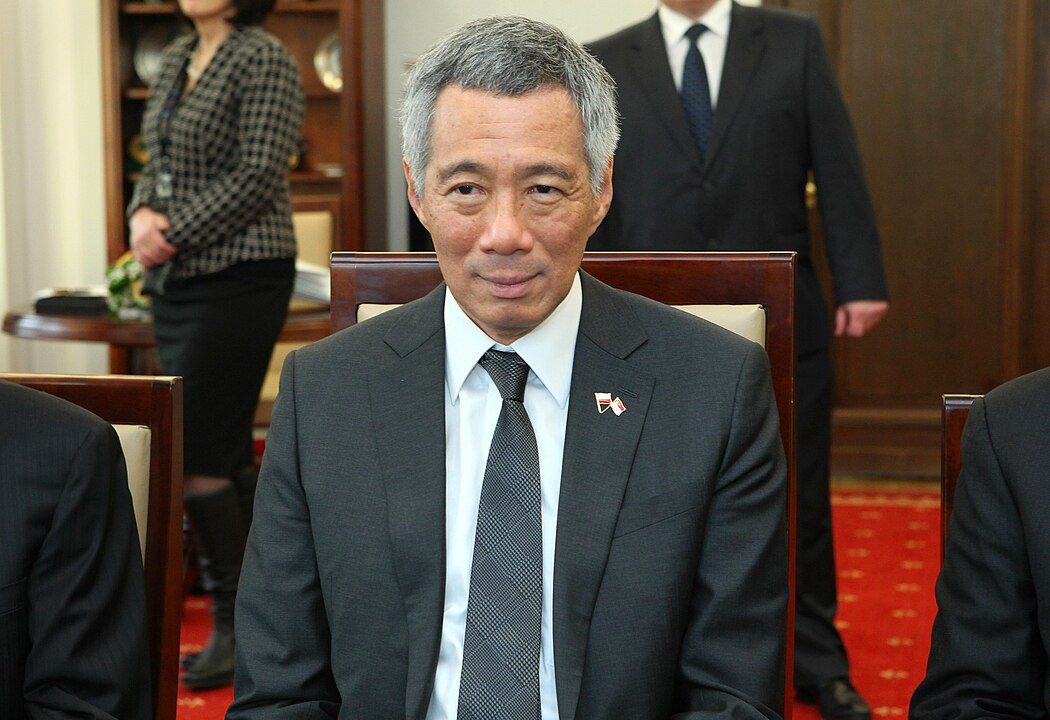
Lee Hsien Loong
The state of Singapore’s media is even more dispiriting, and it has the distinction of being one of the worst in the region. Decades of censorship and defamation suits initiated by PAP politicians have resulted in a press that’s even worse than Malaysia’s (quite an achievement). Reporters without Borders’ 2019 World Press Freedom Index puts Singapore at 151 out of 180 countries, behind such luminaries as Malaysia, Indonesia, the Philippines, Thailand, Myanmar, and Cambodia. Its most prominent newspaper, the Straits Times, is a study in inanity – I once read it for a week and the most contentious thing I saw was an op-ed urging people to be kinder to animals. Although Singapore’s online media is freer (and usually better) than its print media, the government has taken steps to muzzle even that, including passing a fake news law in May. Beyond the press, the PAP also polices films it deems threatening to “national security” and Facebook posts it deems “inflammatory,” erecting “out of bounds markers” to protect the populace from ideas it deems “dangerous.”
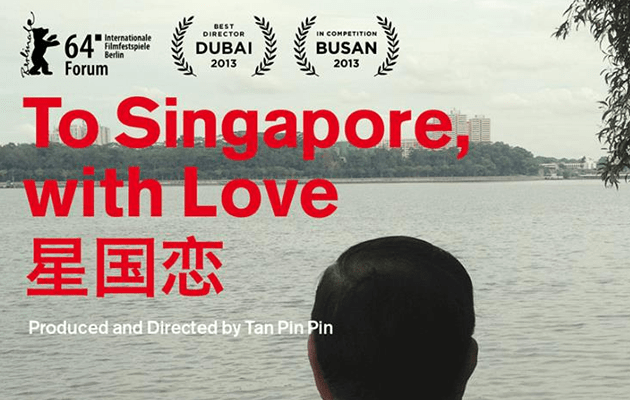
To Singapore, with Love, a film about political exiles from Singapore, one of the films banned on national security grounds in the island city-state
Unfortunately, all this seems to have taken its toll on the Singaporean people. Though Singapore enjoys a very high voter turnout of 94%, the rest of the time the Singaporean attitude towards politics is often one of apathy. Ask a Malaysian about domestic politics, and he’d gladly (and often animatedly) share his (often critical) views (even under the far more oppressive political climate pre-May 2018). Ask a Hong Konger and you’d get a similar response. Ask a Thai (at least since the military junta took power) and you’ll probably detect a palpable fear. The typical Singaporean reaction, though, is not so much fear (though there is some), but disinterest, and perhaps a slight annoyance. “I don’t know,” is a common response, “I don’t really follow politics,” is another – note, though, that this only seems to extend to domestic politics; they usually seem happy to discuss the politics of other countries.
Those who are willing to discuss their domestic politics often only seem to do so superficially. As a student at Yale, I noticed that the Singaporean students there were the most politically naïve, the most defensive to any critique of their country, the least likely to acknowledge the authoritarianism of their government. Notably, they even compare unfavorably to mainland Chinese. Mainland Chinese I’ve met on the street or through apps have told me within 10 minutes of meeting me things like “No one trusts the mainstream media; everyone goes to online forums to find out the truth” or “Many people in China see [famous dissident] Liu Xiaobo as a hero.” After writing an op-ed on the authoritarian regimes in Malaysia, Singapore, and China, Chinese students would tell me (quietly) that, though I’d called their country a dictatorship, my assessment was largely accurate; Singaporean students, by contrast, reacted angrily, and, bizarrely, brandished Singapore’s constitution at me as proof that they didn’t live under an authoritarian system. In contrast to China, a relatively closed country where things like Facebook, Twitter, Wikipedia, and the New York Times are blocked and people are daily barraged with Communist Party propaganda, Singaporeans live in one of the most cosmopolitan countries on the planet and have unfettered access to the world’s media, yet so many of them display a degree of brainwashing you’d expect from a place like North Korea.
So many Singaporeans display a degree of brainwashing you’d expect from a place like North Korea.
Faced with uncomfortable facts, they’ll often feel obliged to defend the PAP’s authoritarianism by uncritically reciting its propaganda. “Singapore has a Confucian heritage that stresses the importance of the collective good over individual rights” – something laughable to anyone who’s ever read Confucius. “Democracy is inappropriate for Singapore because it subscribes to ‘Asian values’ rather than Western ones” – despite the fact that other Asian countries like Japan, South Korea, Taiwan, and perhaps now even Malaysia are democratic. “Singapore is a multi-racial society and if restrictions on rights are eased there will be chaos and bloodshed” – basically the idea that the most docile people in the world (which is 74% ethnically Chinese) would suddenly start rioting and killing each other if allowed to exercise their fundamental rights. Certainly, there are some Singaporeans who don’t buy this narrative and push back against it, especially in online forums and comments sections, yet so many seem ok with an absurdly gerrymandered electoral map, with a ruling party that denies them their rights, that persecutes its critics and opponents, that threatens to withhold resources from constituencies that vote against it, and justifies its rule through the insulting implication that Singaporeans are too stupid or too bloodthirsty to be allowed the same freedoms enjoyed by the peoples of Western or democratic Asian countries, that, in short, treats them as perpetual children. It’s extremely telling that the opposition parties spend little time campaigning on a civil liberties platform (even though this would be an easy way to contrast themselves favorably with the PAP and an obvious strategy in any other country), preferring instead to emphasize relatively minor differences in economic and administrative policy – even they assume the population is only interested in “bread and butter issues.”
Then there’s the argument that Singaporeans choose to sacrifice liberty for prosperity, that Singapore’s phenomenal success is only possible under a tyranny. Doubtless, Singapore is comparatively lucky to have been ruled by the enlightened and benevolent dictatorship of Lee Kuan Yew and the PAP, in contrast to neighbors like Malaysia, Indonesia, and Myanmar, which for most of their history since independence have been ruled by regimes that were despotic and incompetent and corrupt and blatantly racist. Singapore is a gilded cage; a pessimist would say “It’s a cage,” but an optimist would say “At least it’s gilded.”
Singapore is a gilded cage; a pessimist would say “It’s a cage,” but an optimist would say “At least it’s gilded.”
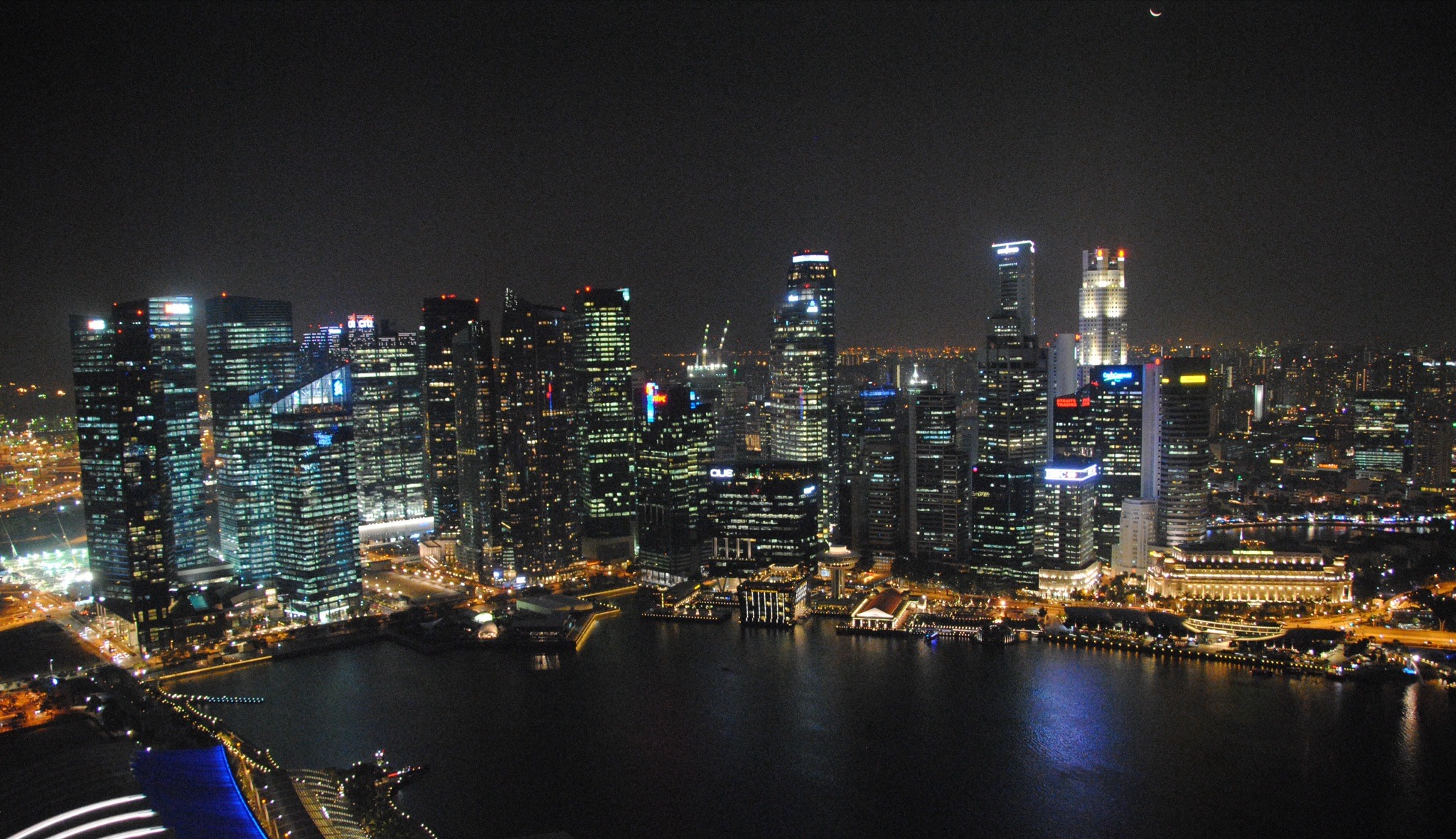
Picture Credit: LWYang
It’s a false choice, though. Unless you buy the dubious idea that Singapore would be crippled by unrest if its people’s bonds were ever loosened, there’s little reason to think it could not be free, democratic, and prosperous. For a people who seem to pride themselves on being kiasu (afraid of missing out), many Singaporeans seem oddly contented with far less than their country’s full potential.
***

In her brilliant sci-fi short story “Auspicium Melioris Aevi,” Singaporean writer J. Y. Yang imagines an academy in the future that grows and trains clones of Lee Kuan Yew to help run the world. The smartest of those clones, however, finds himself disagreeing with the PAP’s assessments and decisions, and increasingly at odds with the academy’s exercises prompting him to follow in Lee Kuan Yew’s footsteps. In the end (SPOILER ALERT), it’s only by thinking for himself, departing from the scripts he’s expected to observe, and breaking out of the narrow restrictions of the system that he seems to reach his full potential and capture the fire of his illustrious forebear.
It’s an apt metaphor for Singapore today. The irony is that a future Lee Kuan Yew would be unlikely to thrive within the confines of the ossified political system he’s made – he’d be deemed too independent, too impatient, too dangerous. “People forget that at heart Lee Kuan Yew was also a great radical,” Thum Ping Tjin agreed.
But a first-rate mind is independent, it has little patience for constraints and goes where it will, and that’s one of the things that make it so dangerous. Lee Kuan Yew was a titan and the shadow he casts is long and black and all of Singapore remains under it. As with many overbearing fathers, his children have never really grown up. In his article in Asian Studies Review, “Who’s Afraid of Catherine Lim? The State in Patriarchal Singapore,” Kenneth Paul Tan described Singaporeans as “cowering before a stern Father who threatens to destroy any challenge to his authority…and who consistently infantilizes [them] by insisting that they are not yet ready for liberalization and democratization, especially when they threaten to de-centre the PAP from its position of power.”
Lee Kuan Yew was a titan and the shadow he casts is long and black and all of Singapore remains under it.
Perhaps one day Singaporeans will mature. To do so, they’ll have to think for themselves, depart from the scripts they’re expected to observe, and break out of the narrow restrictions of the system Lee Kuan Yew built. Until then, though, a series of disappointing successors and a stunted political culture will remain an unfortunate aspect of his legacy.
